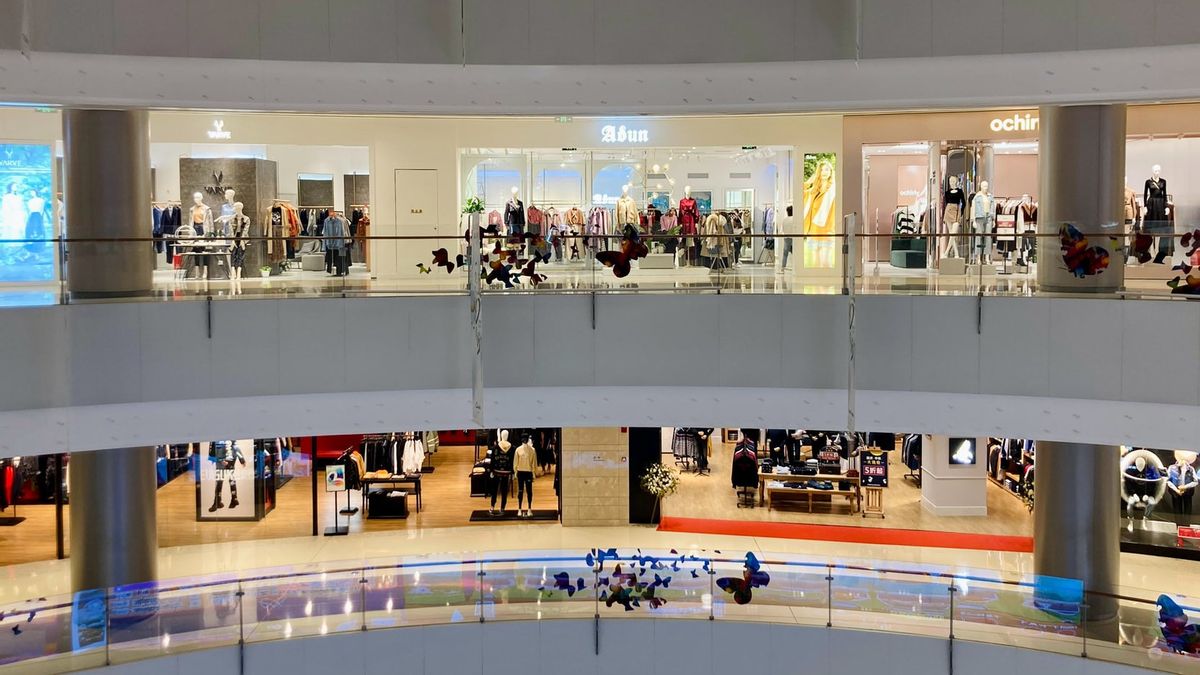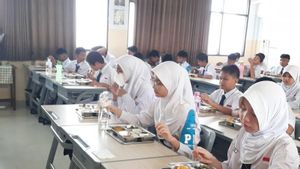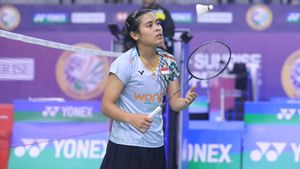JAKARTA - The Association of Indonesian Shopping Center Tenants (HIPPINDO) questioned why the policy of restrictions on community activities (PPKM) continues to be enforced. In fact, this policy was ineffective in suppressing the spread of the COVID-19 pandemic in the country, even causing the economy to decline and be battered.
Chairman of the DPP Association of Indonesian Shopping Center Retailers and Renters (Hippindo) Budihardjo Iduansjah admitted that he basically agreed with the government's decision regarding the restrictions on community activities policies to be able to reduce the spread of the COVID-19 pandemic in the country. However, the positive cases remain high.
"Why should the restrictions on community activities be enforced if the cases of COVID-19 continue to rise and the economy is in fact battered. Shouldn't the case numbers drop when the emergency brake is pulled up? Then what are we going to do?", He said when contacted by VOI, Monday night, February 1.
Previously, the restrictions on community activities policy was admitted by President Joko Widodo (Jokowi) to be ineffective. In fact, the implementation is considered unclear and tends to be inconsistent after evaluation.
Even though it is considered ineffective, the government has decided to implement restrictions on community activities policy to contain the spread of the COVID-19 virus twice. The first phase of restrictions on community activities was enforced from January 11 to 25, 2021. The second phase will be held from January 26 to February 8.
restrictions on community activities, according to Budi, is not the right policy for handling the COVID-19 pandemic in the country. He considered, what the government should do in terms of preventing the spread of the virus is to ensure that health protocols at all levels of society and the business world run well.
"We believe it's not the right way to handle the case. We see a lack of government to ensure health protocols. All standards must be the same", he explained.
According to Budi, the government must examine the implementation of the COVID-19 health protocol in the community and types of businesses. He said the health protocols may start to run loosely so that the active cases of COVID-19 in the country increase.
"Stores have to complete health protocols, those who enter have to take a temperature test. Wearing masks and washing hands is a must. That is what has begun to loosen up. We can see that, however, tenants in shopping centers are consistent in running it", he said.
Entrepreneurs ask for occupancy to be returned to 50 percent
Budi hopes that the restrictions on community activities will no longer be continued. This is because COVID-19 cases are still rising. In the midst of uncertainty about when the pandemic will end, entrepreneurs have asked the government to pay attention to the business world, in this case, the shopping center sector, which is languishing because of this policy.
Furthermore, Budi also hopes that the occupancy rate of shopping centers can be returned to 50 percent. As is known, during the implementation of the languishing the occupancy is reduced to 25 percent.
"We hope that the occupancy is returned 50 percent and the operational hours will be 21.00 WIB at the latest. So that we, as shopping center tenants can still sell while we carry out our health protocols", he said.
According to Budi, returning the occupancy to 50 percent will greatly help shopping center tenants. Because, the opportunity to get income is more open. Moreover, if the operational hours are increased from 20.00 WIB to 21.00 WIB.
"Yesterday the occupancy began to increase. We saw it was crowded. The traffic would immediately increase if the operating hours were increased," he said.
The English, Chinese, Japanese, Arabic, and French versions are automatically generated by the AI. So there may still be inaccuracies in translating, please always see Indonesian as our main language. (system supported by DigitalSiber.id)













